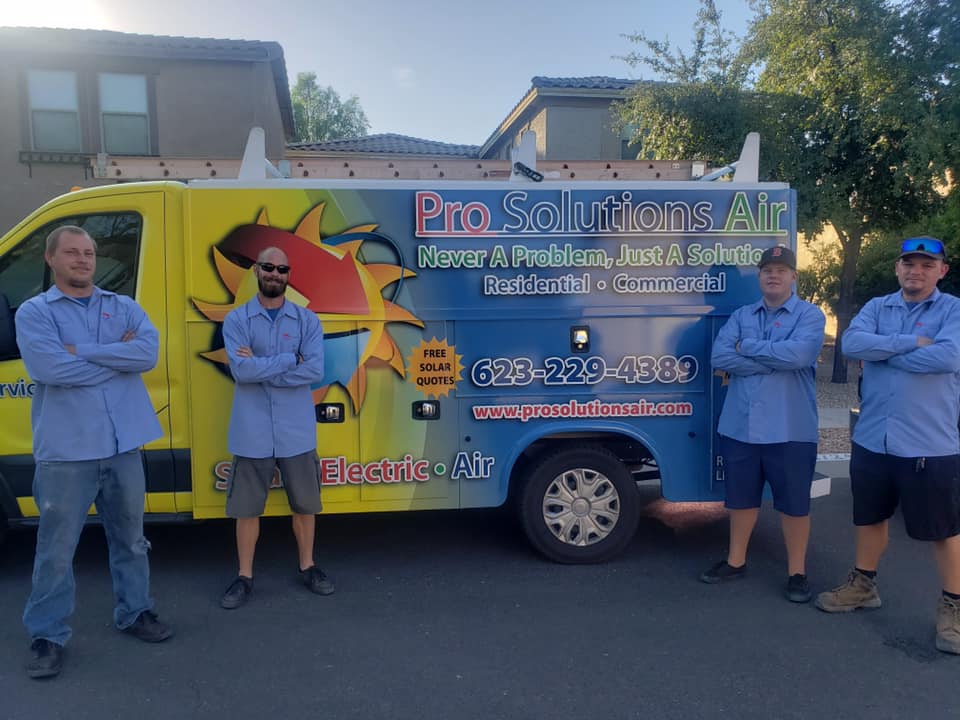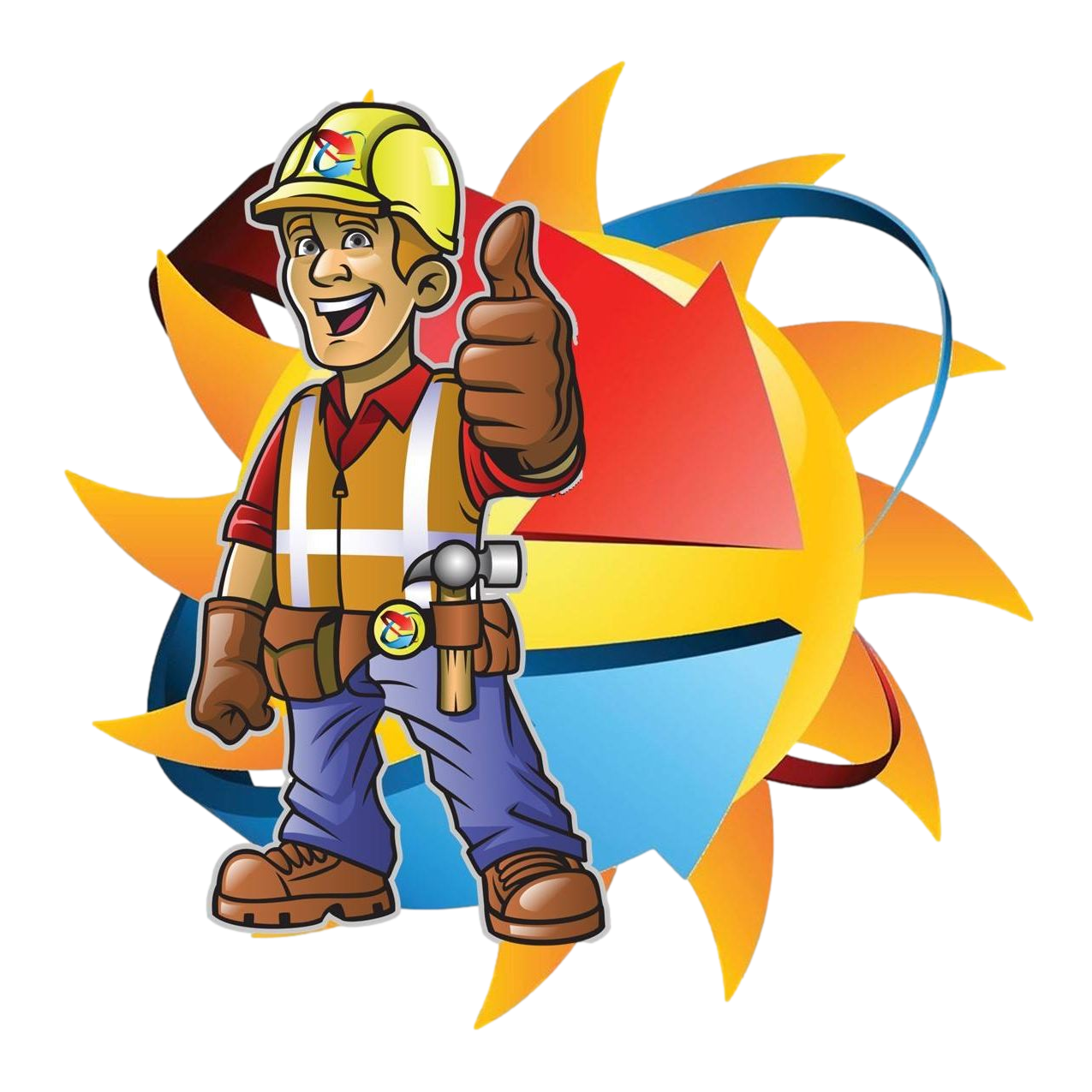Plan a project with us? 623-229-4389
Solar
We specialize in helping you decide what kind of solar you want, as well as designing the proper size and specifications for your unique need. RESIDENTIAL – COMMERCIAL
Remove & Replace
If you have existing panels that need to be temporarily removed, and then replaced — we do that too!
Solar HVAC?
Solar is also available on A/C units and pool heaters. Solar options are endless. Call us with your solar questions.

A solar contractor, often referred to as a solar installer or solar energy contractor, is a professional or company specializing in the design, installation, maintenance, and sometimes financing of solar energy systems. Solar contractors play a pivotal role in the adoption of solar energy solutions for residential, commercial, and industrial applications. Here are some of the key responsibilities and services provided by solar contractors:
- Site Assessment and Consultation:
- Solar contractors assess the property or location to determine its suitability for solar panel installation. This involves evaluating factors like sunlight exposure, shading, roof condition, and available space.
- System Design:
- Based on the site assessment, contractors design a solar energy system tailored to the specific needs and requirements of the customer. This includes determining the size and type of solar panels, inverters, and mounting systems.
- Permitting and Regulatory Compliance:
- Solar contractors handle the permitting process, ensuring that all necessary approvals, licenses, and paperwork are in place to comply with local and state regulations and utility requirements.
- Procurement of Equipment:
- Contractors source and procure the solar panels, inverters, racking, and other components needed for the installation. They often have relationships with suppliers to obtain high-quality equipment.
- Installation and Wiring:
- Contractors install the solar panels and related equipment on the property, following industry best practices and safety standards. This includes connecting the panels to the electrical grid or storage systems.
- Electrical Work and Connection:
- Solar contractors handle electrical work, including connecting the solar system to the property’s electrical panel and ensuring that it operates safely and efficiently.
- Inverter Installation and Configuration:
- Inverters are essential components that convert DC (direct current) generated by the solar panels into AC (alternating current) for use in the building. Contractors install and configure inverters as part of the system.
- Monitoring and Maintenance:
- Many solar contractors offer monitoring services to track the performance of the solar system. They may also provide routine maintenance to ensure optimal operation and address any issues promptly.
- Warranty and Support:
- Solar contractors often provide warranties for their work and the equipment used. They offer ongoing support in case of system malfunctions or other problems.
- Financing and Incentives:
- Some solar contractors offer financing options or can help customers navigate available incentives, tax credits, and rebates to make solar installations more affordable.
- Educational Services:
- Contractors may educate customers about the benefits of solar energy, energy efficiency, and how to maximize their savings through solar power.
When choosing a solar contractor, it’s essential to consider their experience, reputation, licensing, and certifications. Solar installations are long-term investments, and working with a qualified contractor ensures that your system is installed correctly, operates efficiently, and delivers the expected return on investment in the form of reduced energy costs and environmental benefits.
